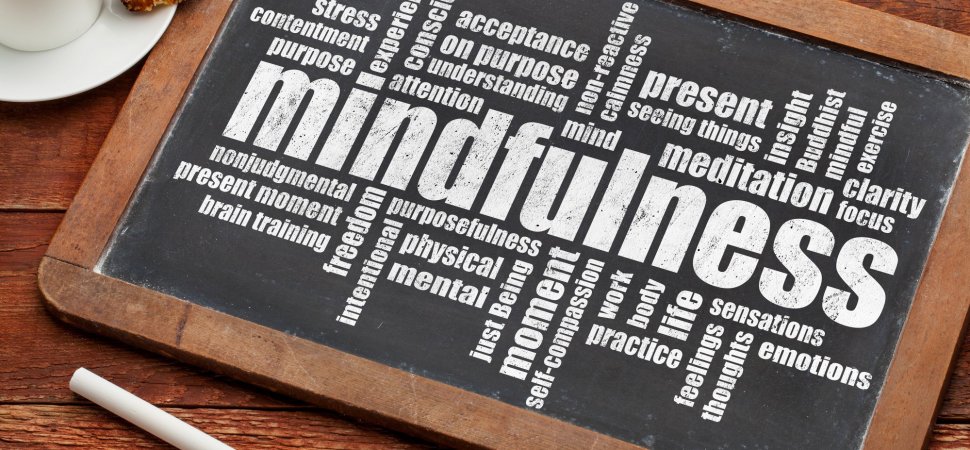
What was once optional has emerged as a unique solution to the demands of the modern workplace.
Everyone from Fortune 500 executives to Silicon Valley entrepreneurs are talking about mindfulness. Mindfulness is the awareness that arises when you pay attention to the present moment, on purpose, and without judgment. By using the breath or another sensation as an anchor during meditation, diligent practitioners are able to achieve this mind state in everyday life. Research has shown that we perform optimally and feel at our best when we are focused on the present. Arianna Huffington, once a trend setter in digital media, has identified corporate wellness and mindfulness as the wave of the future. Her new company, Thrive Global, aims to help corporations produce efficient employees, while keeping them balanced and healthy. According to one poll, the mindfulness industry produced 1 billion in sales last year. Why has this age old technique suddenly become a necessity in thriving business today? One, it helps develop focus and concentration in a world full of distractions; and two, it builds self- awareness and self-regulation, which are essential qualities in today’s challenging world. Finally, it helps employees become more empathic and accepting of others. This facilitates better working relationships amongst individuals with diverse cultural, sexual, and ethnic backgrounds.
On average, Americans check Facebook, Twitter, and other social media accounts 17 times a day, meaning at least once every waking hour. Interestingly, one study found those with the highest usage were between 24-54 years old. Aside from our phones and computers, we also have our internal dialogue, consisting of worries, fears and concerns of the future which constantly distract us from our work. When you learn to practice mindfulness, you recognize how frequently the mind wanders and how to bring it back to the present. Attention is finite. If you divide it amongst several projects, you end up with only a sliver of your potential. Mindfulness helps you embody your work, and bring forward your best effort.
Spending 20 minutes a day meditating can also build self-awareness. It is logical that if you set aside a regular time to observe your mind and thoughts, you develop a better understanding of your mental life. It becomes possible to recognize that thoughts and emotions are fleeting phenomenon. This eliminates the need to act impulsively. The average person has between 50,000-40,000 thoughts per day. With meditation, you can let the unnecessary thoughts go, and develop those that are worthwhile. When faced with difficulties on the job, this is essential. Employees who know themselves are able to roll with the punches, and shift gears when necessary.
One extraordinary outgrowth of understanding your own self is understanding others. When you are more sensitive to your own feelings, you become more aware and accepting of others. It is possible to recognize when to respond and when to take the high road. With practice, you can truly embody Maya Angelo’s injunction “We are more alike, my friends, than we are unalike.” This builds a culture where people are able to work together to accomplish what it takes to achieve in the challenging global workplace of 2016.
Mindfulness is not just for hippies and monks anymore. It is now a necessary tool for success in the business world. Teaching your employees how to be mindful shows that you care about them professionally and personally, and that you know what it takes to be at the vanguard of the new millennia.
From: Inc.
